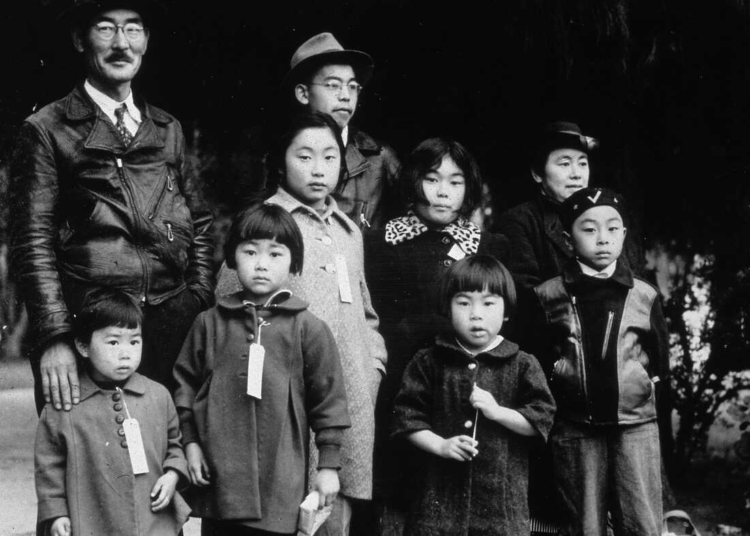The Treaty of Versailles, signed in 1919 at the end of World War I, had a significant impact on the post-war world. This article explores the key provisions of the treaty, including Germany’s war guilt, reparations, territorial changes, and the creation of the League of Nations. Germany was held responsible for causing the war and was forced to pay heavy financial reparations and give up territories. The treaty also led to significant territorial changes in Europe and the establishment of new nations. However, the harsh provisions of the treaty and the failure to address underlying issues eventually contributed to the tensions that led to World War II. The Treaty of Versailles serves as a reminder of the importance of addressing underlying causes of conflicts and pursuing fair and just solutions for sustainable peace.
The Treaty of Versailles: Its Role in Shaping the Post-WWI World
Introduction
The Treaty of Versailles was a peace treaty signed at the end of World War I in 1919. It played a significant role in shaping the post-war world and had far-reaching consequences for various nations involved in the war. This article aims to explore the key provisions of the treaty and analyze its impact on international relations and global politics.
Provisions of the Treaty
The Treaty of Versailles consisted of numerous provisions that aimed to address the consequences of the war and prevent future conflicts. Some of the notable provisions include:
1. War Guilt and Reparations
The treaty held Germany responsible for causing the war, imposing heavy financial reparations and territorial losses on the country. Germany was forced to accept the blame for the war, pay substantial reparations to the Allied powers, and relinquish territories to neighboring countries, significantly impacting its economy and political stability.
2. Territorial Changes
The treaty led to significant territorial changes, particularly in Europe. German territories were divided among various countries, including France, Poland, and Denmark. New independent states emerged, such as Czechoslovakia and Yugoslavia, as the Austro-Hungarian and Ottoman Empires collapsed. The redrawing of boundaries in Europe led to the formation of new nations and sparked nationalist sentiments.
3. Creation of the League of Nations
The Treaty of Versailles established the League of Nations, an international organization aimed at maintaining peace and resolving future conflicts through diplomacy. The League was created with the hope of preventing another devastating war like World War I. However, its effectiveness was limited, and it eventually dissolved before the outbreak of World War II.
Impact on International Relations
The Treaty of Versailles had a profound impact on international relations, contributing to the tensions that eventually led to World War II. The harsh reparations imposed on Germany, coupled with the sense of humiliation and resentment experienced by the German people, laid the foundation for Adolf Hitler’s rise to power. The treaty’s failure to address the root causes of the war and establish a lasting and fair peace resulted in unresolved grievances and simmering conflicts.
Legacy and Lessons Learned
The Treaty of Versailles remains a symbol of the post-war order and the complex challenges faced by the international community in the aftermath of a global conflict. It serves as a reminder of the importance of addressing the underlying causes of conflicts, pursuing fair and just solutions, and ensuring sustainable peace and stability.
In conclusion, the Treaty of Versailles played a crucial role in shaping the post-WWI world. Its provisions, including war guilt, reparations, territorial changes, and the creation of the League of Nations, significantly influenced international relations and set the stage for future conflicts. While the treaty aimed to prevent another devastating war, its failure to address underlying issues ultimately led to unresolved tensions and the outbreak of World War II. It serves as a valuable lesson in diplomacy and the challenges of maintaining peace in a complex global landscape.













